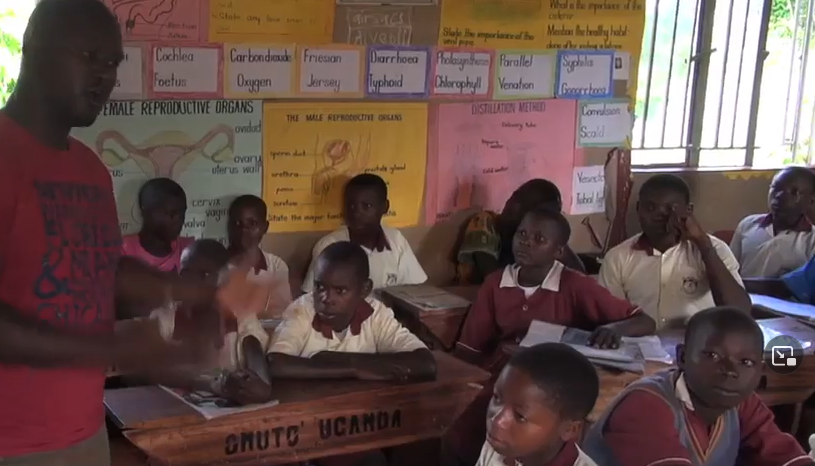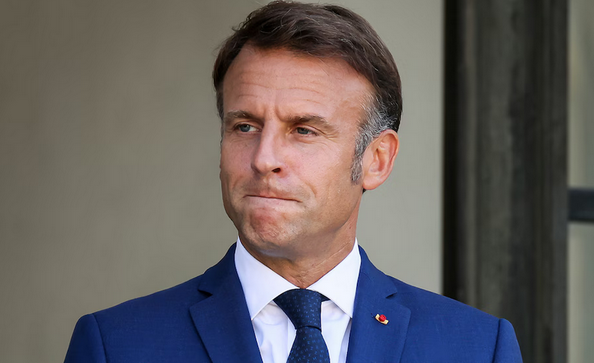Photo: YouTube
Before 1990, schools in Uganda were affordable. Parents had the means to educate their children through elementary and secondary education, while the government took the responsibility to educate the best-performing students in Universities and other tertiary institutions.
Then that changed when the liberalization of the economy took place. The government sold every asset it had and folded its hands in providing social services under the new socioeconomic formation – the market economy. The government scaled down on its obligation in all spheres of the social life of the citizens and strengthened its military muscles to protect the market.
Private schools started appearing to absorb excess students that the government was no longer paying for. Those students whose academic performances were not good enough for government sponsorship at high institutes of education also got absorbed. The advantage was that every child eventually had hopes of somehow attending school at a cost. The government embarked on withdrawing its full support to public schools and universities completely until the UNMillenial Development Goals convinced us that Universal Primary and Secondary Education are still critical for our civilization.
The street fights of the 1990s with Makerere University over the boom epitomised this radical departure of NRM from its initial ideas. The introduction of cost-sharing in tertiary institutions followed suit. These abrupt changes were nightmarish because most students who could not qualify for government sponsorship at a public university were actually smart kids. Most had studied in humbly remote schools and under very strenuous circumstances. Tertiary institutions were their hub and a stepping stone to rise to better future opportunities. In fact, if you wished to understand how the ordinary Uganda child struggled for success, spending time in teachers’ colleges, allied health colleges, business colleges, etc would affirm such. You could see that most of these students were oriented to their facts with a unified vision to exceed the predicament.
Why are we now in this confusion where the government can no longer regulate school fees and standards of education?
Often, we are told to put our mouths where we put our money!
The appealing ideological cornerstones of the NRM faded and became stale somewhere about 1996. At that time, Ugandans had experienced a fundamental change in the NRM character.
Uganda’s resentment of him was the 1996 Paul Kawanga Ssemogerere (RIP), running alongside Hon. Cecilia Ogwal. Clearly, Museveni was at an ideological crossroads which he fully understood but had no shame to relent. He had abandoned his original Pro-Africa or Pan-African economic policies stance and hobnobbed in bed with the West. He had swallowed the neoliberal marketization seed.
We say that there is a forest in every seed. The neoliberal economic policies that Museveni swallowed in 1989 have now produced the forest of inadequacies, corruption, extreme social inequalities, and inequities of contemporary Uganda.
If the government can regulate your life, and even take it away, how can it possibly fail to regulate school fees? The response is that Museveni and his government are trapped in the web of an exploitative global neoliberal economy – the mobile and exploitative phase of capitalism that commands an unhinged liberal market and a reduced influence of government (anti-statism) in the affairs of the market.
For the avoidance of doubt, when the government reduces its funding to schools, most schools fail to meet their basic operational costs. As such, they must charge students more to be able to operate and perform. With the ongoing post-COVID-19 inflation, schools – public or private – will demand more from parents and the government will continue to do the neoliberal trot dance while looking the other way.
Government is helpless and indeed, cannot effectively regulate any sector if it cannot control inflation or doll-out tax-payer money to subsidize gaps in school expenditures. The high burden of school fees is one sign that we, the people of Uganda, are on our own. It affirms further that the government is not the government of the people anymore; it is the government of the liberal market economy. Thus, it is the market economy that regulates it and not vice versa.
Dr. Komakech is Ugandan Social Critic and Political Analyst based in Canada. Can contact via [email protected]









